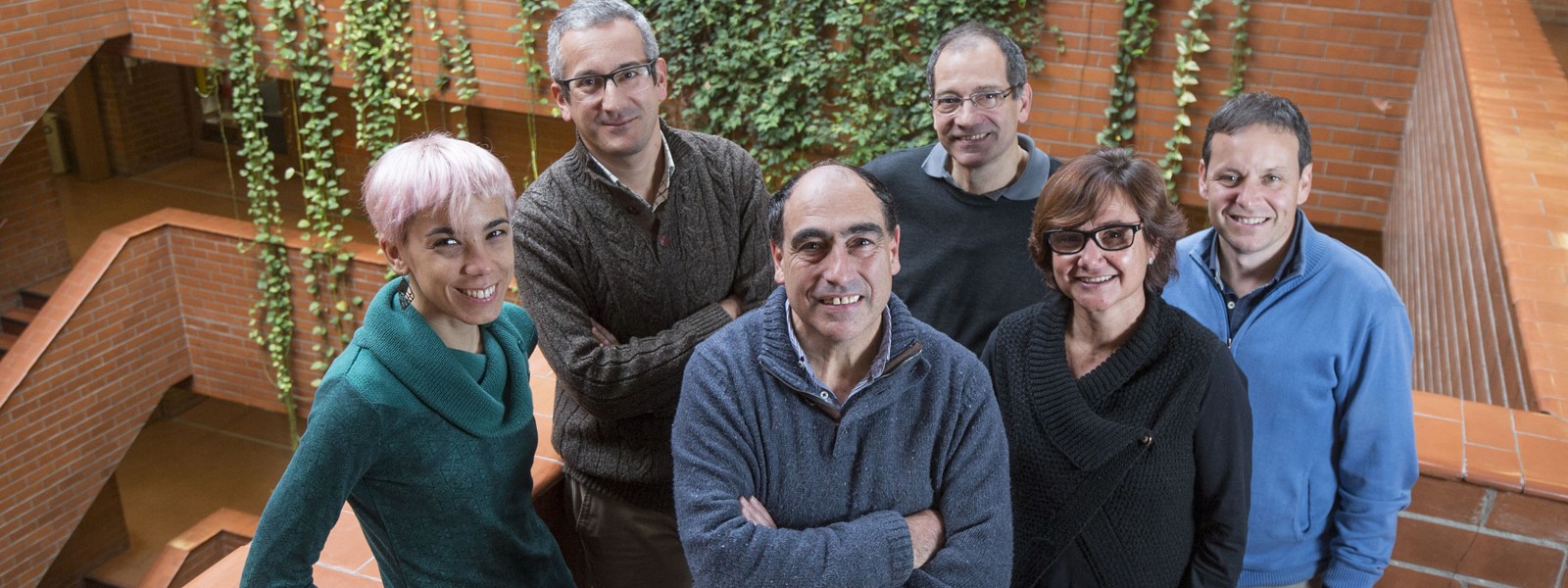DIRECTOR
RESEARCH TEAM
Joan Lluís Riera Rey, Marta Tobella Sanmartí, Santiago Sabaté Jorba, University of Barcelona; Albert Sorolla Edu, Naturalea; Eugènia Martí Roca, Centre d´Studis Avançats de Blanes.
COLLABORATING INSTITUTIONS
DESCRIPTION
The European Community enacted the Water Framework Directive (WFD 2000/60/EC) in order to improve the ecological quality of water bodies. Among the instruments it deploys is the establishment of wastewater treatment plants to reduce the system impact of human activity. Despite the ecological improvement brought by treatment plants, rivers today continue to exhibit sub-par biological quality and a slight eutrophication downstream of plant discharge areas.
This is because even though treatment plants keep their discharge within the limits set by Directive 91/271/EEC, these make no allowance for either the functional characteristics or dilution capacity of the receiving body of water. In this specific case, treatment plant effluent represents 36%-72% of the stream’s flow at the point of discharge, reducing its self-purification capacity by the order of kilometers.
We propose a practical research project to determine whether ecological restoration measures can secure improvement in pollutant assimilation downstream of waste treatment plant discharge areas.
Starting from a previous study on the self-purification capacity of the Cánovas receiving stream, conducted as part of a University of Barcelona master’s program in the restoration of natural spaces, we will implement practical applications to test the improvement capacity of fluvial systems in response to morpho-hydraulic corrective measures using bioengineering techniques that boost self-purification capacity and the quality of the fluvial habitats exposed to discharge.
A number of actions will be initiated in the river basin and riverine zone for subsequent assessment and the drafting of a report with conclusions on the efficacy of these techniques.

